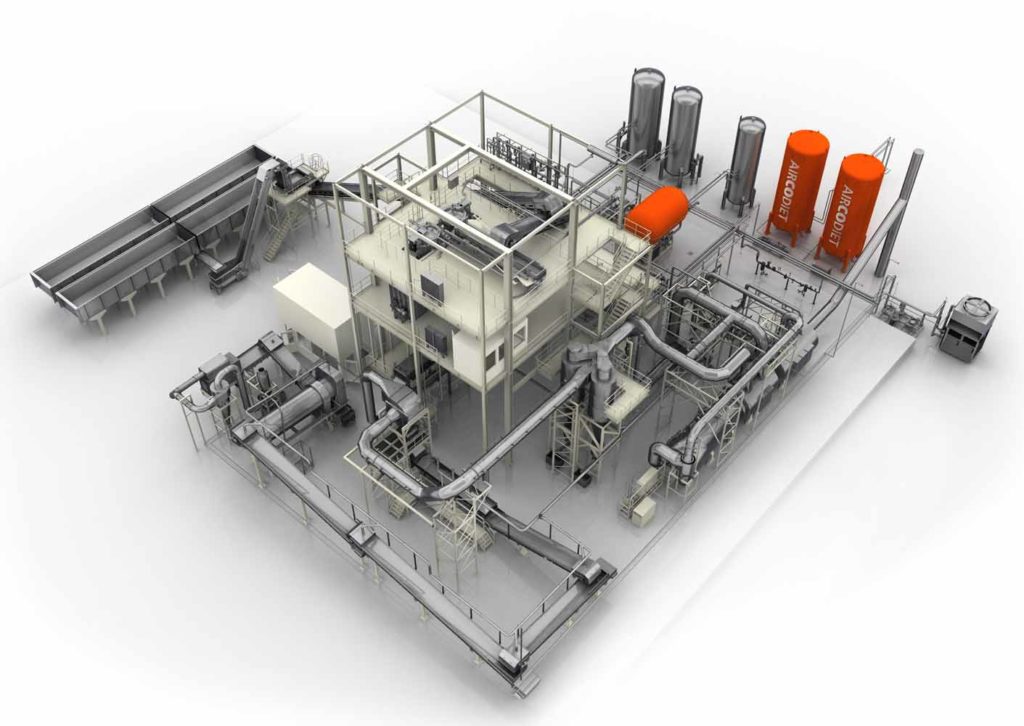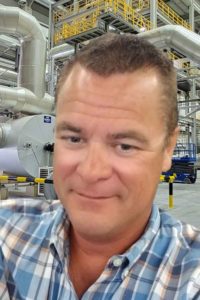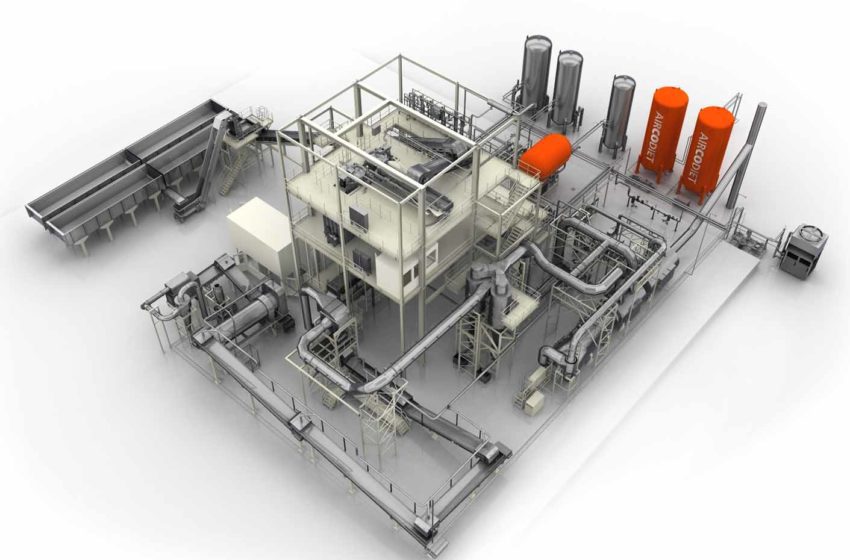
A new technology allows cigarette manufacturers to use CO2 from their steam boilers for tobacco expansion.
By Stefanie Rossel
Besides being an unhealthy choice, cigarettes and their production have a substantial impact on the environment. A study published by Imperial College London in 2018 found that the cultivation and processing of tobacco to make the 6 trillion cigarettes manufactured worldwide in 2014 generated 84 million tons of carbon dioxide (CO2) emissions—approximately 0.2 percent of the global total. CO2 is the primary greenhouse gas emitted through human activities and thus a major contributor to climate change.
Leading cigarette manufacturers have sustainability programs in place to reduce their carbon footprint throughout the supply chain. A new, improved technology developed by Airco DIET’s subsidiary Airco Process Technology (APT) allows them to optimize their production processes further.
Founded in 2020, APT offers solutions for carbon capture and biogas upgrading, thereby benefiting from its parent company’s long-standing experience as a manufacturer of advanced process plants. The Danish company is best known for its Dry Ice Expanded Tobacco (DIET) facilities, of which the company has installed more than one hundred worldwide.

“The diversification with Airco Process Technology makes a lot of sense for Airco DIET as we have worked with large international projects for more than 35 years,” says Keld M. P. Laigaard, sales director at Airco DIET. “And all these projects have involved our DIET plants, which includes working with pressurized and liquid CO2. The Airco employees are all highly skilled in working with CO2 and executing large-scale international projects, and we have been successful in transferring these unique abilities into the new company.”
Generating heat and power is essential for many industrial processes. Primary processing represents about 80 percent of the total energy consumption of cigarette production, leading to a correspondingly high level of emissions. APT’s carbon capture technology enables manufacturing sites to recover and purify the CO2 before it enters the atmosphere.
Capturing CO2 from flue gas (a mixture of gases produced by the burning of fuel or other materials in power stations and industrial plants in which the amount of CO2 is limited) requires a thermal-driven process. Several technologies are currently available; they differ in the amounts of heat required to pick up CO2. APT focuses on solutions that require the lowest possible heat input. Its technologies can be applied to high CO2 concentration sources in which CO2 content exceeds 95 percent, such as biogas, fermentation and certain chemical and petrochemical waste streams. It is also apt for low-concentration sources with a CO2 concentration of more than 3 percent, which includes power stack gas, waste incineration, engines, turbines and similar types of waste streams.
From Buyer to Self-Supplier
“While mostly working outside the tobacco industry, Airco Process Technology also assists Airco DIET’s customers with its technologies,” Laigaard points out. “Our customers are in a unique position as they all have steam boilers that are emitting CO2 while they also use CO2 in the DIET process. APT is now able to provide CO2 capture plants that will extract the CO2 from the boiler exhaust, clean and then liquify the CO2 for usage in the DIET plant.”
At present, most tobacco factories with DIET plants purchase their CO2 from a third-party source while they emit CO2 on the same property. DIET plants usually run 24/7. In the summertime, though, CO2 supply can be scarce, and most manufacturing sites only have CO2 storage tanks that last for two days or three days.
By capturing their own CO2, the factories will become self-reliant and thereby secure the main utility needed in DIET plants. “Being independent becomes more and more important as the world experiences supply chain problems together with a higher global use of CO2 in connection with many of the new green fuels,” states Laigaard. “I’m sure this increased CO2 usage will lead to shortages in various regions.”
In addition, the factory’s carbon footprint will be lowered. The captured CO2 will be made 100 percent food grade and equal to what is presently supplied by high-quality CO2 suppliers, Laigaard says.
APT also upgrades biogas plants to make them operate more efficiently. The company has developed water-based and amine-based biogas technologies that, besides capturing the biogas, convert the biogas not only into natural gas grid specification methane but also into high-value products such as liquid bio methane and bio-CO2. APT has also filed a patent application for a liquefaction pretreatment polisher designed for trace CO2 removal from biomethane, also known as deep CO2 removal.
Europe and the U.S. are the most promising markets for APT, according to Laigaard. “Airco Process Technology has only been online for two years but has already overtaken Airco DIET in size—and it continues to grow at an unprecedented rate.”












